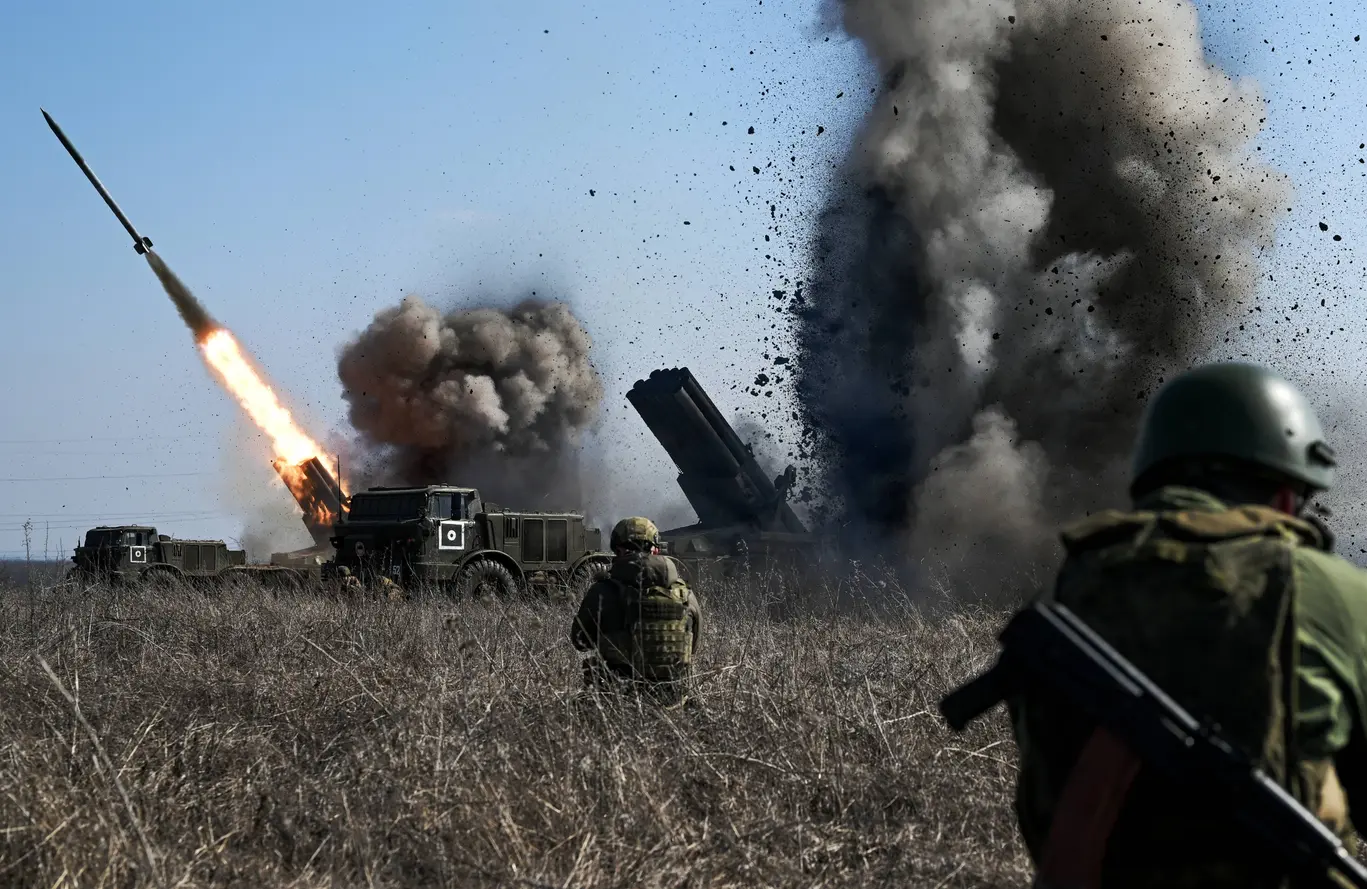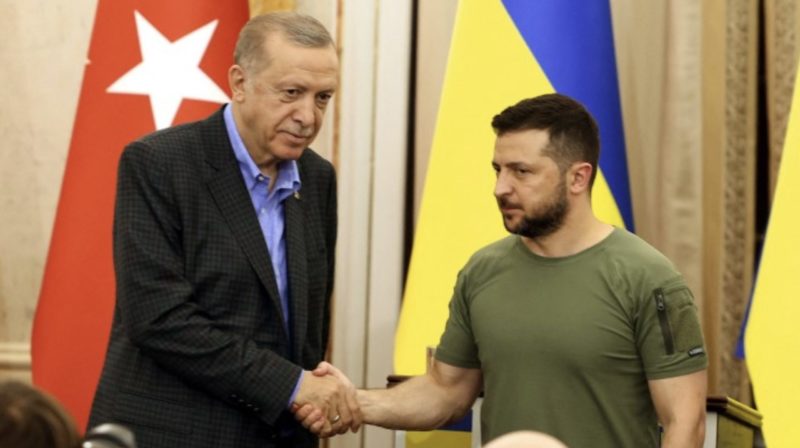The Kremlin uses third countries to circumvent sanctions. Switzerland has tightened its controls. Nevertheless, more critical goods are flowing to countries that are suspected of forwarding them to Russia.
As reported by the Neue Zürcher Zeitung, the Russo-Ukrainian War is a battle of attrition that is devouring vast quantities of precision weapons. Therefore, Russia is feverishly reproducing and needs so-called dual-use goods from the West, for example industrial precision tools from Switzerland that can be used for both military and civilian purposes. Products that Putin's Russia should not actually be able to procure due to the sanctions.
But it does procure them. Switzerland's Federal Intelligence Service (FIS) has observed that Russia is attempting to purchase sanctioned goods via clandestine structures and private companies in third countries. According to the FIS, Türkiye, Serbia, India, Central Asian countries and China are the main focus of such attempts.
Meanwhile, an analysis of export control data by the “NZZ am Sonntag” shows: Exports of such critical goods from Switzerland to some of these countries have risen sharply since Russia was cut off by the sanctions.
Swiss intelligence reports that Russia is “intensively” procuring goods subject to sanctions in Western countries. It has established structures for the procurement of dual-use goods that are more complex than before and would be quickly replaced if discovered. “There are obviously enough financial resources and personnel available for the procurement mechanisms to repeat this as often as required,” writes the intelligence service. This is an “enormous challenge” for Swiss export controls.
As has now become known, there have been specific incidents in Türkiye in which attempts were made to transport Swiss goods to Russia. Switzerland has responded to this with a remarkable tightening of practices with regard to Türkiye. In general, Swiss companies with a general export license are allowed to export dual-use goods to certain countries without individual checks. This also includes Türkiye. However, in mid-2023, Switzerland imposed a stricter control regime for Türkiye. Since then, every export of machine tools that can be used for military and civilian purposes has been checked on a case-by-case basis.
A second country that the Swiss intelligence service sees as a particular focus of Russian procurement attempts stands out in the export data: Serbia. Last year, it imported almost three times as many Swiss dual-use goods as in the years before the war. A significant proportion of these were goods in the field of high-precision metal processing. Switzerland says that these exports were mainly used machine tools. So far, the country has not detected any onward transfers of used machines to Russia.
In contrast, exports of dual-use goods to the Central Asian countries bordering Russia have not increased significantly - partly due to federal controls. Switzerland has assessed various applications for exports to these countries negatively because the country had reason to believe that the goods would ultimately be forwarded to Russia. This mainly involved components of satellite navigation systems that could have been misused for military purposes.
Meanwhile, a striking increase of around 65% can be seen for India, which the FIS also lists as a high-risk country. The same applies to the United Arab Emirates, which has imported seven times as many Swiss dual-use goods per year on average since the war in Ukraine as before. The FIS does not list the Emirates as a high-risk country, but Western states have suspected them of forwarding dual-use goods to Russia for years.
Russia has access to almost unlimited state resources. Both the FIS situational reports and declassified reports from US intelligence services make it clear how important it is for Russia to procure high-tech equipment from the West. It seems certain that Russian intelligence services with their global networks are involved. Western intelligence services are also involved. The Swiss intelligence service exchanges information intensively with partner services, such as those of the US and Germany.
At the same time, Western states are trying diplomacy. Last year, the US in particular repeatedly exerted pressure on the Emirates and Türkiye to stop the transfer of dual-use goods to Russia. After all, every missile that is milled for Russia with the help of an American or Swiss machine could one day not only hit Ukraine, but also NATO territory at some point.
Related:
- Export controls need Cold War-style overhaul to stop weapons tech flow – FP
- The EU banned Russian timber—then bought € 1.5 billion worth anyway
- Failed sanctions policy on Belarus strengthens Putin’s grip on country – Bloomberg
- Russia acquires European and Chinese machine tools worth $ 18 billion to sustain war production
- Nine European companies supply $66 million in military-linked equipment to Russia despite sanctions




